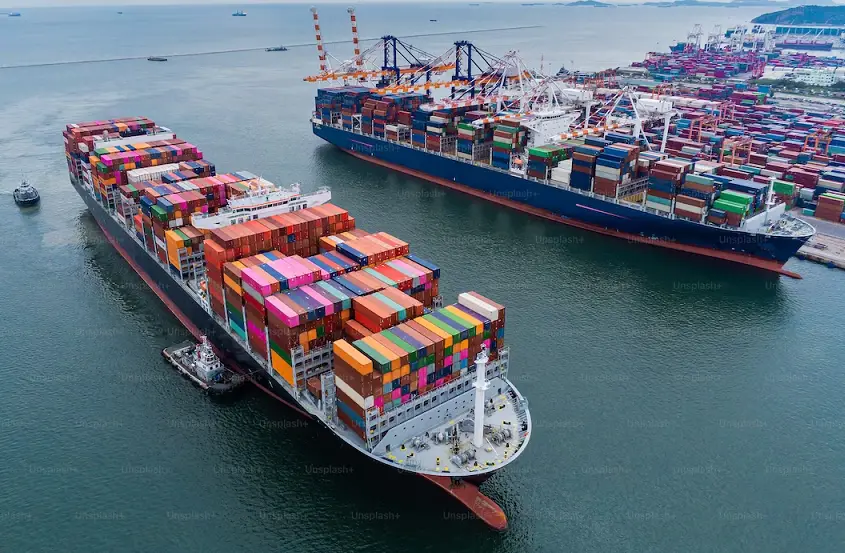The continued tensions in the Red Sea may cause supply chain interruptions that last up to a year, Mitsui OSK Lines (MOL), a major maritime company in Japan has warned the industry.
Major shipping companies, such as MOL, have temporarily ceased transiting the Suez Canal, an essential sea route for energy and cargo between Asia and Europe as well as a major maritime trade route connecting the Mediterranean Sea to the Red Sea. The decision was made to divert shipments after Houthi rebels based in Yemen, launched numerous drone and missile attacks against commercial shipping vessels in the Red Sea following the start of the Israel-Hamas conflict in October.
MOL President Takeshi Hashimoto described the transit pause by shipping companies as “a historic event” in an interview with Bloomberg..
“The situation will continue at least for the coming two or three months. And as a worst-case scenario, six months or one year,” he said. MOL is a prominent global shipping operator, managing a fleet of around 800 vessels.
According to Hashimoto, there are now enough ships available to manage with the inconvenience. However, he cautioned that there would be a scarcity of shipping capacity should the world economy rapidly expand and the demand for commodities increased.
Since the Houthi strikes have forced shipping companies to redirect shipments, sending shockwaves through global supply networks, freight transiting the Suez Canal has been dropping. One of the two commercial vessels targeted by Houthi militants early Tuesday was hit by rockets fired by the rebels.

